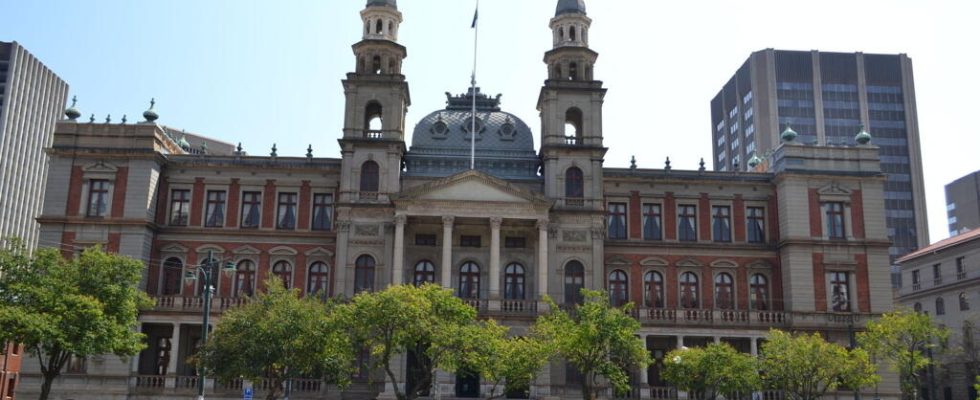In South Africa, the lack of justice for crimes dating back to apartheid continues to cause turmoil. More than 25 years ago, the Truth and Reconciliation Commission recommended to South African prosecutors the continuation of certain investigations, in which the suspects were not affected by possible amnesties. Despite the releases in recent years, with the reopening of cases, very few have, for the moment, ended up in court.
2 mins
With our correspondent in Johannesburg, Claire Bargelès
A recent report, commissioned by the public prosecutor’s office, returned to the delays and doubts surrounding the desire of the public authorities to see these cases brought to trial, which has relaunched the debate within society.
At the end of its work, the South African Truth and Reconciliation Commission (TRC) recommended legal proceedings in nearly 300 cases. But today, “ only a handful » of cases led to trials, according to this new report. And its author knows what he is talking about since it is Dumisa Ntsebeza, former member of this famous Commission chaired by Archbishop Desmond Tutu.
This document brings the question of political interference back to the forefront. A former prosecutor, Vusi Pikoli, had already in the past denounced blockages on the part of the executive, particularly under the presidency of Thabo Mbeki, aimed at preventing the progress of such files. Accusations “ serious », according to the report which was unable to establish whether they are proven, but recommends the establishment of a commission of inquiry to find out for sure.
However, for Thabo Mbeki, in power from 1999 to 2008, if there was interference, it came from the prosecution itself and not from the presidency, as he indicated this week in a press release.
According to this same report, 133 files are currently under investigation.
Read alsoSouth Africa: 30 years later, the slow quest for justice for the victims of apartheid
